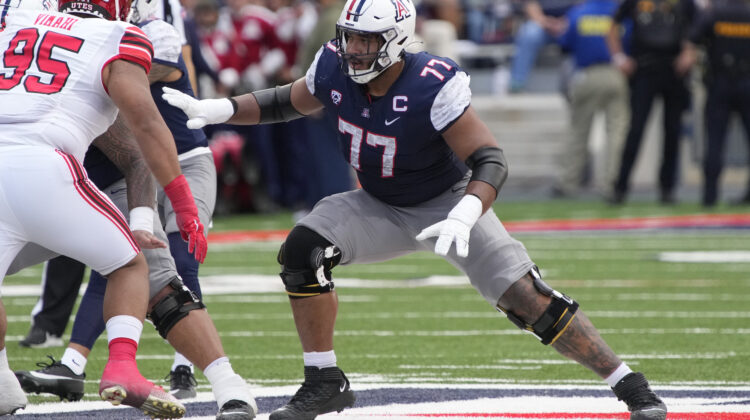The Pac-12 set a conference record with 43 selections in the 2024 NFL Draft and will carry loads of momentum into next — err, never mind.
At least the conference went out on top, breaking its previous seven-round record of 39 selections set in 2015.
That total was second among all conferences — the SEC led the way with 59 selections — and reflects the high quality of play in the Pac-12 last season.
But the backdrop of realignment loomed over the three-day event in Detroit. Both Washington State and Oregon State produced three picks. The other 37 selections played for schools that are departing the Pac-12 this summer.
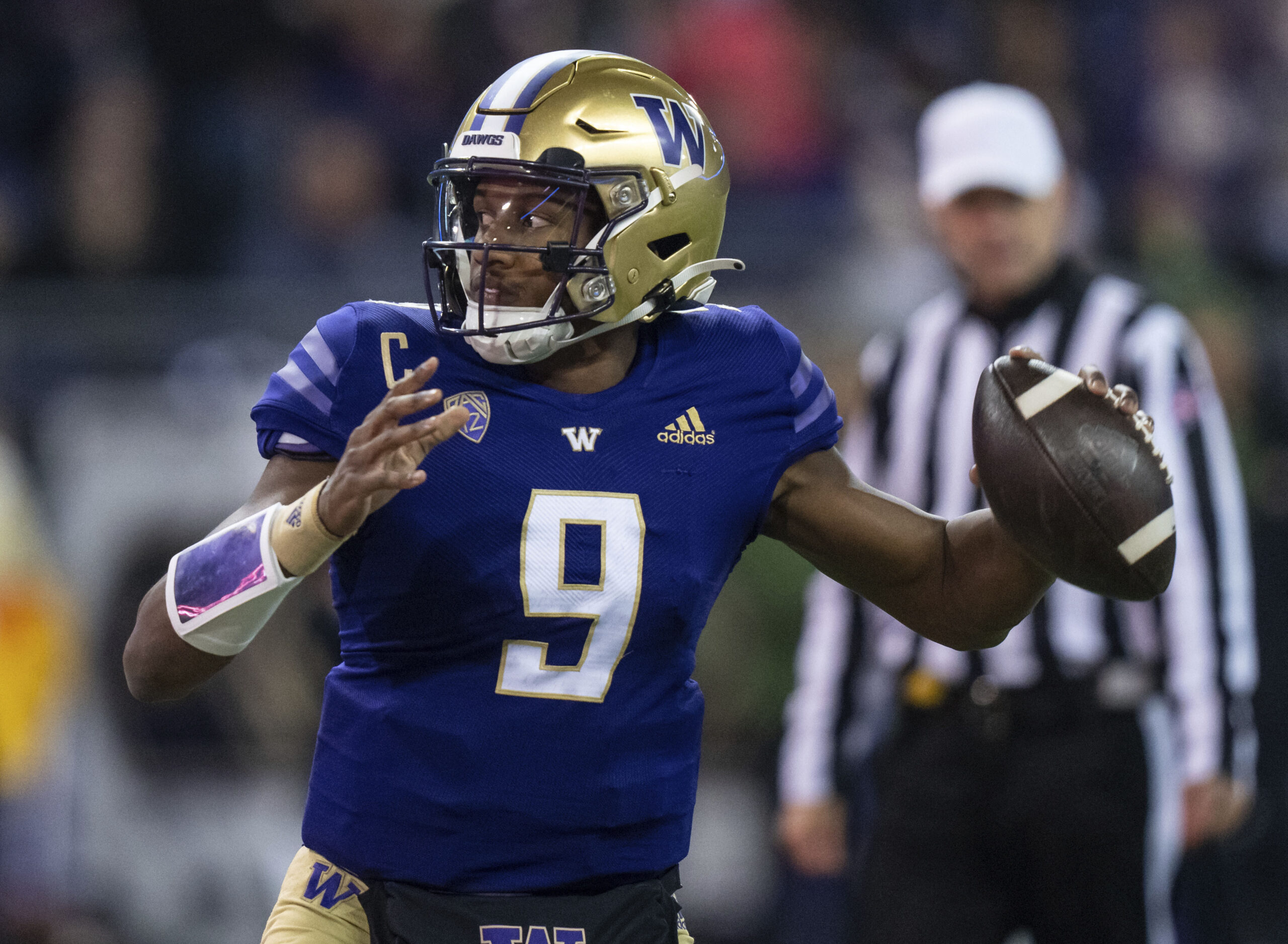 Washington led the way with 10 picks, tying the school record since the draft was reduced to seven rounds in 1994.
Washington led the way with 10 picks, tying the school record since the draft was reduced to seven rounds in 1994.
But if we expand our scope, the future of the sport becomes clear:
Schools that will be members of the SEC and Big Ten next season accounted for 140 of the 257 selections (55.5 percent) — more evidence of their growing dominance.
The first example came courtesy of the College Football Playoff: All four participants will be members of the Big Ten (Michigan and Washington) or SEC (Texas and Alabama) starting this summer.
One month later, the two powerhouses announced the formation of a joint advisory committee designed to reshape the structure of major college football — and perhaps the entire NCAA.
Then came the media negotiations for the next edition of the playoff. Beginning in 2026, the SEC and Big Ten will receive 60 percent of the event’s annual revenue ($1.3 billion), with the remainder left for the Big 12, ACC, Group of Five and Notre Dame to share.
In many respects, the NFL Draft serves as the last act of college football’s yearly competitive cycle.
The 2024 version was that and more. It was a window into the future of the sport — a future dominated by two leagues with 34 schools and more resources than everyone else combined. Times two.
Our look at the other winners and losers from the draft …
Winner: Michigan. The national champions led all schools with 13 selections, six of them coming in the second and third rounds. Texas was next with 11 total picks, followed by Washington, Florida State and Alabama with 10 each.
Loser: Big 12. The conference generated just 31 selections, fewest among the Power Five leagues. Of those, 14 were from the two schools (Texas and Oklahoma) bound for the SEC next season.
Winner: Ohio State. Only four players were selected, the school’s lowest total since 2013. So why have we declared OSU a winner? Because of the immense talent that opted to return for the 2024 season. The Buckeyes will be loaded, folks.
Loser: ACC. The conference generated 41 picks, a respectable number — except that 16 came from the two schools (Florida State and Clemson) that have taken legal action against the conference.
Winner: Nick Saban. He was damn good on ESPN.
Loser: Second-tier QBs. Sure, six of the top 12 picks were quarterbacks. But no QBs were selected in the second, third or fourth rounds. That triple-round shutout has happened only once previously (1983) in the common-era draft, according to the Associated Press.
Winner: Oregon’s fourth round. The Ducks had just two of the top 100 picks (quarterback Bo Nix and center Jackson Powers-Johnson). But their production picked up with five selections in the fourth round.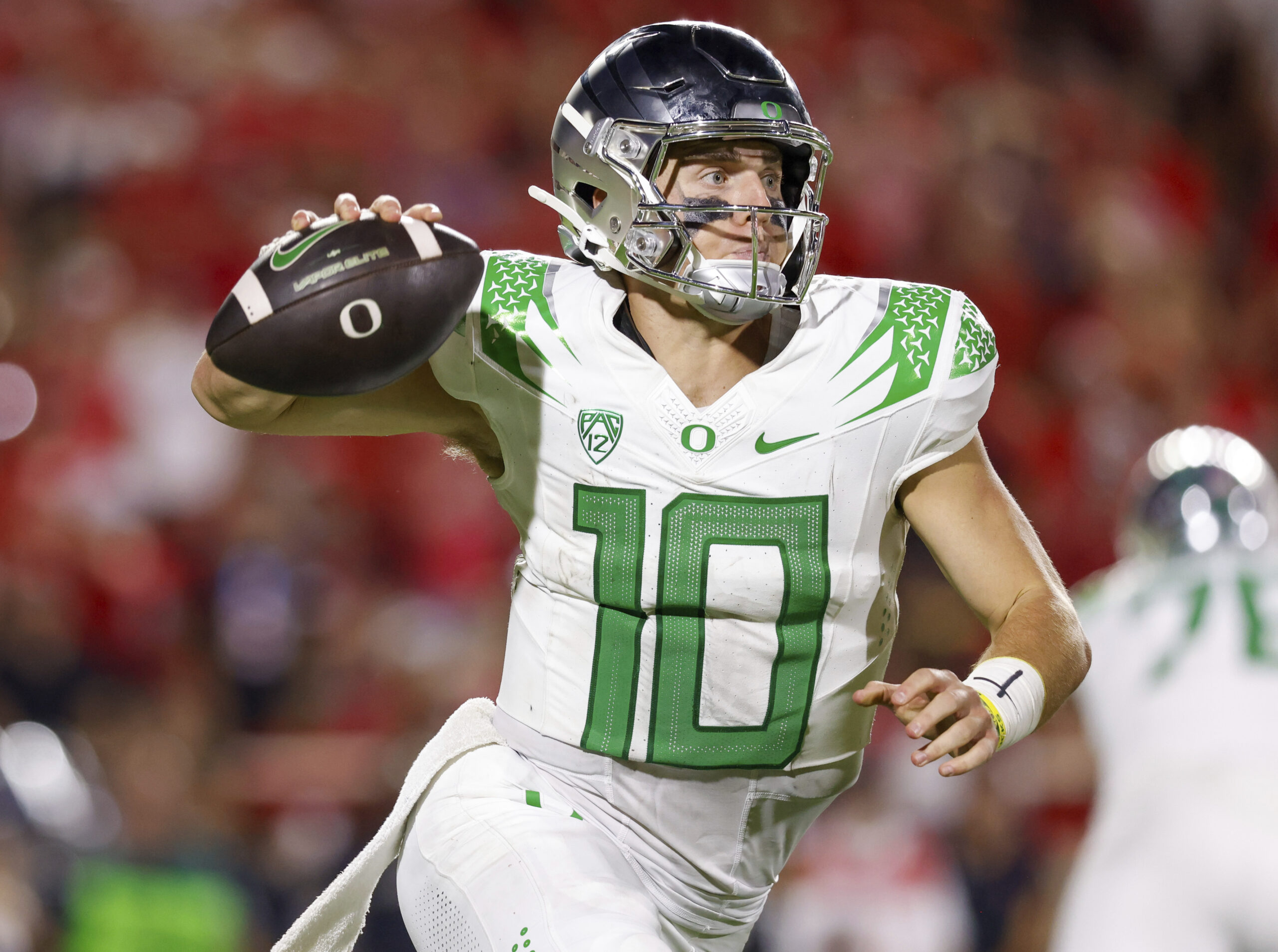
Loser: Stanford. Kicker Josh Karty was the lone selection, marking the first time since 2009 that the Cardinal did not have an offensive or defensive player selected.
Winner: Washington State. The Cougars generated three picks, their highest total since 2005. That’s right: 2005. None of the Mike Leach-era teams ever had more than two players selected in a given year.
Loser: USC. Lincoln Riley and Co. had seven players selected — the Trojans’ best output since 2011. But with all that talent, including the top pick at the most important position (quarterback Caleb Williams), they should have won more than five conference games.
Winner: Defensive backs. No position was in greater demand, with the secondary accounting for 58 of the 257 selections (22.5 percent), according to SportSource Analytics.
Loser: Linebackers. Among the many lessons from the 2024 event was this: Parents, don’t let your sons grow up to play in the middle of the field. Only 32 linebackers were picked. It’s all about the perimeter, unless you’re 300 pounds and can run.
Winner: Arizona. The Wildcats had three selections, which compares poorly to the likes of Oregon (eight), USC (seven) and Utah (five) but was, in fact, their highest total since 2014. The haul included Arizona’s first Day One selection, offensive tackle Jordan Morgan, since 2008.
Loser: Arizona State. The school had no selections — none, zero, zip — for the first time since 2013. Kenny Dillingham deserves a raise.
Winner: Arizona State transfers. A slew of former Sun Devils were selected, including quarterback Jayden Daniels and receiver Ricky Pearsall in the first round. ASU recruited extraordinarily well (albeit somewhat illegally) back in the 2019-21 window under Herm Edwards, but most of the talent eventually fled the scene.
Loser: Colorado. The Buffaloes were shut out of the draft for the third consecutive year — triple zeroes. That said, coach Deion Sanders’ program should have at least two first-round picks next spring in quarterback Shedeur Sanders and cornerback Travis Hunter.
Winner: Multi-sport athletes. According to SportSource Analytics, 88 of the top 100 players selected played more than one sport in high school.
Loser: Pac-12 timing. If the conference had been as successful on the field in 2022 as it was during the 2023 season, it would be alive and well.
Instead, it exits the stage with a draft to remember.
*** Send suggestions, comments and tips (confidentiality guaranteed) to pac12hotline@bayareanewsgroup.
*** Follow me on Twitter/X: @WilnerHotline
*** Pac-12 Hotline is not endorsed or sponsored by the Pac-12 Conference, and the views expressed herein do not necessarily reflect the views of the Conference.
Related posts:
 Final Four in Hoops, portal surprises, Deion in the Valley, more…
Final Four in Hoops, portal surprises, Deion in the Valley, more…
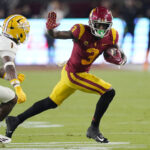
Southern California wide receiver Jordan Addison, (AP Photo/Mark J. Terrill)
Pac-12 sends 31 players to the NFL scouting combine: What that means and what to watch Fearless predictions for the rest of 2023
Fearless predictions for the rest of 2023
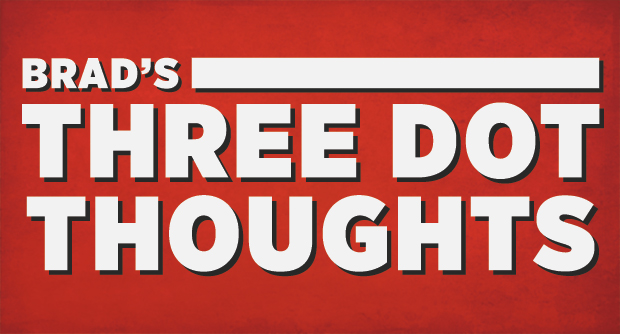 Believe in D-Backs, Arizona thriller vs USC, Thumbs up, Thumbs down, more…
Believe in D-Backs, Arizona thriller vs USC, Thumbs up, Thumbs down, more…

